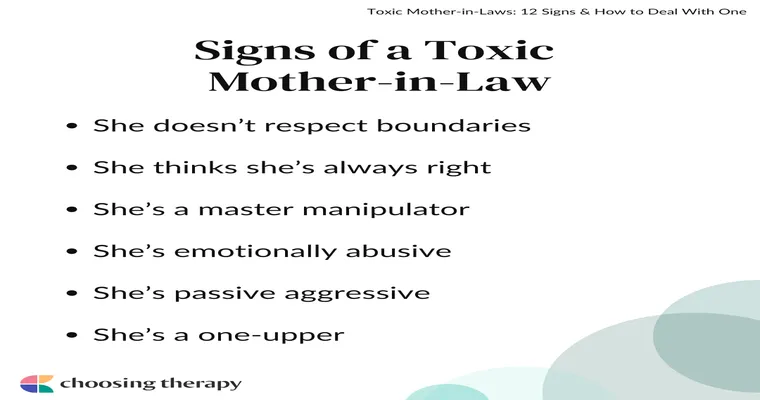Dealing with a "mother in law" who refuses to move and shows signs of "questionable mental capacity" can be a challenging situation for many families. You might find yourself grappling with emotional stress, family dynamics, and legal obligations. Understanding your options and rights is crucial in navigating this sensitive issue.
First, it is essential to assess the "mental capacity" of your mother in law. Mental capacity refers to the ability to make informed decisions regarding personal care and finances. If you suspect that your mother in law is struggling with her mental faculties, it's important to approach the situation with empathy and sensitivity. Here are some steps you can take to address this complex situation:
1. "Open Communication": Initiate a conversation with your mother in law about her living situation. Approach her with care, expressing your concerns without being confrontational. It is vital to listen to her feelings and thoughts on the matter. Sometimes, fear of change can cause resistance, so understanding her perspective may help ease the transition.
2. "Consult with Professionals": If you are genuinely concerned about her mental capacity, consider consulting a licensed mental health professional. A geriatrician or psychologist can perform an evaluation to determine her cognitive abilities. This assessment can provide valuable insights into her condition and the best course of action moving forward.
3. "Involve Family Members": Engage other family members in the discussion. It’s essential to create a united front when addressing such sensitive issues. Having support can make your mother in law feel less isolated and more willing to consider alternatives.
4. "Explore Alternatives": If your mother in law is unable to live independently due to her mental capacity, explore alternative housing options. Assisted living facilities, in-home care services, or moving in with family members can provide her with the support she needs while ensuring her safety.
5. "Legal Considerations": If her mental capacity is significantly impaired, you may need to consider legal options like obtaining guardianship or power of attorney. This process allows you to make decisions on her behalf, ensuring her needs are met. Consult with a legal professional who specializes in elder law to understand the implications and necessary steps.
6. "Create a Supportive Environment": If your mother in law agrees to move, help make the transition as smooth as possible. Create a supportive environment that respects her wishes while also addressing her needs. Familiar items, social connections, and routines can help her adjust to her new living situation.
7. "Check-in Regularly": Once a decision has been made regarding her living situation, continue to check in regularly. Regular visits can help ensure her well-being and provide her with the emotional support she needs.
Navigating a situation where a mother in law refuses to move and has questionable mental capacity can be stressful. However, by approaching the situation with empathy, seeking professional guidance, and remaining actively involved, you can help ensure her safety and well-being while maintaining family harmony. Remember, it is essential to act in her best interest, balancing her desires with the necessary care she may need.





